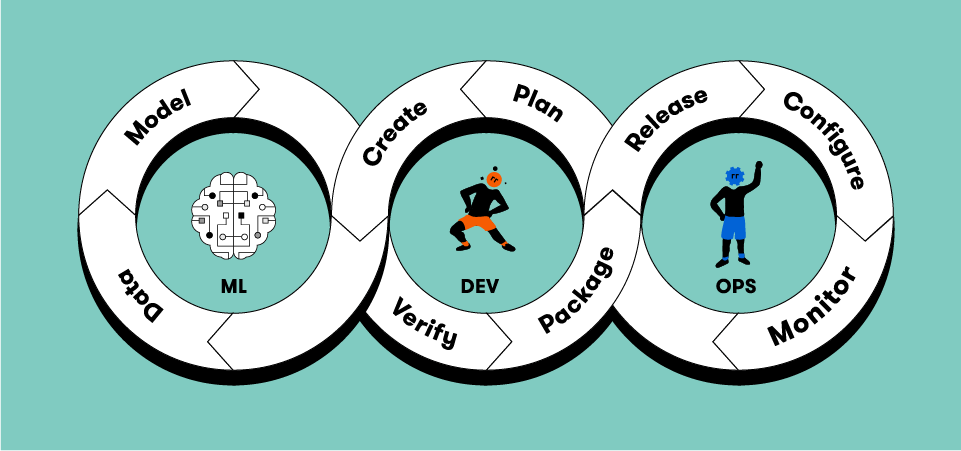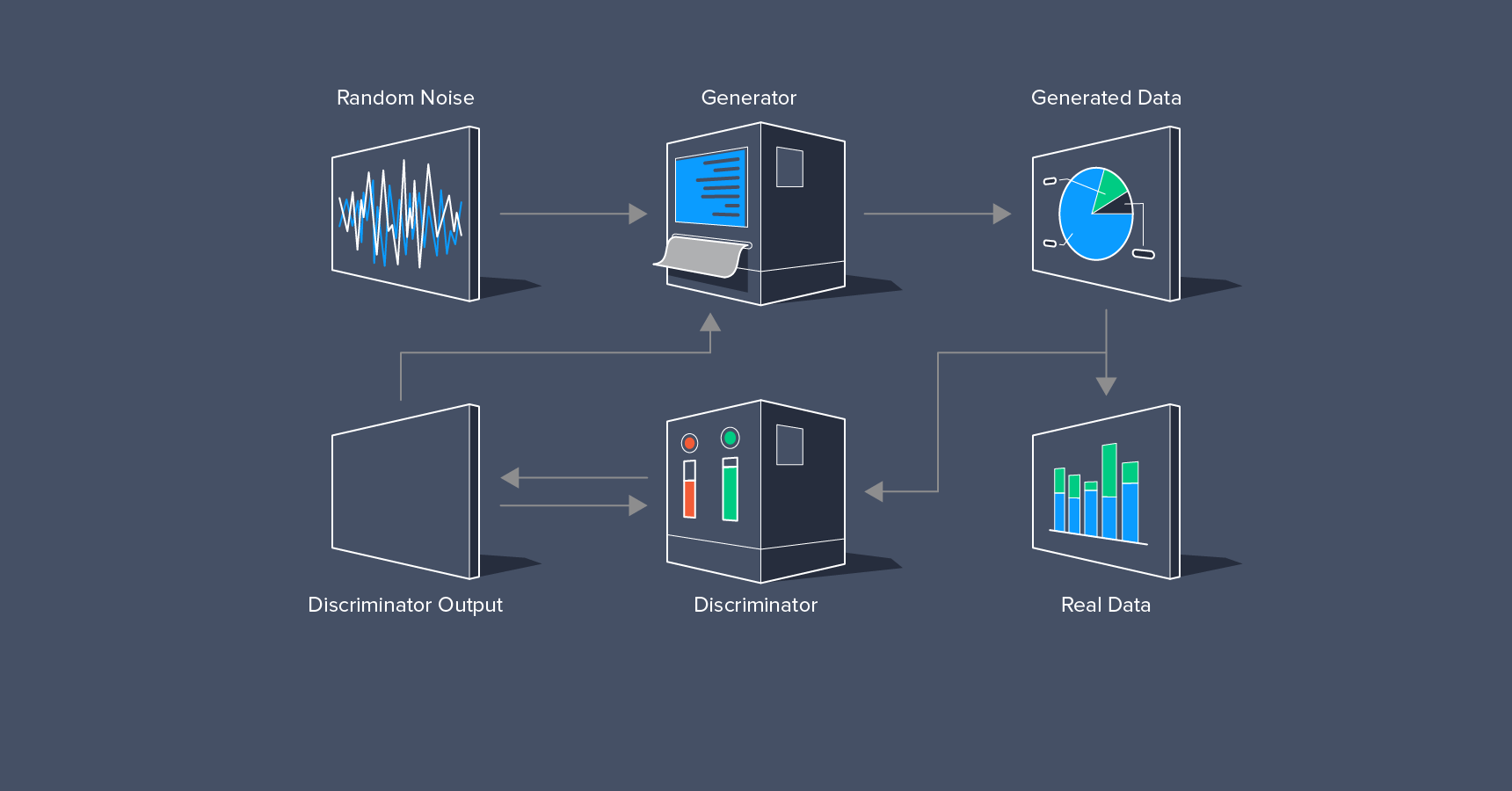Artificial intelligence (AI) and machine learning (ML) are transformative technologies with the potential to revolutionize various aspects of our lives. From healthcare to space exploration, these technologies are reshaping industries and expanding our understanding of what’s possible. In 2024, we are on the cusp of witnessing significant advancements and the emergence of new trends in AI and machine learning.
The Significance of Machine Learning Services

Machine learning services, driven by data science, play a pivotal role in simplifying and enhancing our daily lives. When properly trained, machine learning can perform tasks faster and more efficiently than humans. Businesses must grasp the current state and potential of machine learning technology to optimize their operations and remain competitive in today’s market.
Top 7 Emerging Machine Learning Trends
In 2024, several cutting-edge trends are shaping the landscape of machine learning services:
No-Code Machine Learning: No-code machine learning allows the development of ML applications without the need for extensive coding, preprocessing, or algorithm building. This approach offers several advantages, including quick implementation, reduced costs, and user-friendly interfaces. It’s an excellent option for smaller businesses without dedicated data science teams. Prominent platforms in this category include BigML, CreateML, DataRobot, Google Cloud AutoML, and Microsoft Azure Automated Machine Learning.

TinyML: TinyML is gaining prominence in the world of IoT technologies. Instead of sending data to remote servers for processing, TinyML runs smaller-scale ML algorithms directly on edge devices. This innovation reduces latency, bandwidth usage, and power consumption, making it suitable for industrial, healthcare, agriculture, and other sectors.
AutoML: AutoML simplifies the machine learning process by automating tasks like data preprocessing, feature definition, modeling, and post-processing. It also reduces the need for manual data labeling, lowering personnel expenses. Popular AutoML tools include AutoWEKA and Auto-sklearn, making machine learning more accessible and affordable for businesses.

ML Operationalization Management (MLOps): MLOps is a software approach that focuses on the reliability and efficiency of machine learning solutions. It streamlines the development and deployment of AI systems into a single process. By aligning ML systems with business objectives, MLOps solutions improve data collection, integration, and scalability. Kubernetes, a DevOps platform, plays a vital role in optimizing hardware resources for AI/ML workloads.
Full-stack Deep Learning: The demand for “full-stack deep learning” has surged, driven by the need to integrate deep learning solutions into various products. This entails encapsulating deep learning models in infrastructure, such as cloud-based backends for mobile apps or edge devices. Libraries and frameworks, like TensorFlow and PyTorch, facilitate the automation of shipping processes and rapid adaptation to evolving business needs.

Generative Adversarial Networks (GANs): GANs are revolutionizing image processing tasks by generating high-quality images through a two-step process. A generative network creates samples, which are then filtered by a discriminative network to retain only the desired content. GANs have applications in creating images for animation, art, and more, using specialized datasets to train the generative network.
Reinforcement Learning: Reinforcement learning enables machines to learn from direct experiences in their environment. It employs reward and punishment mechanisms to assign value to observations, encouraging the system to strive for maximum reward. While reinforcement learning holds promise in fields like gaming and autonomous driving, efforts are underway to ensure safety and prevent risky behaviors.
Conclusion
As we venture into uncharted territories and break through the boundaries of what was once considered science fiction, innovation becomes the driving force. Machine learning and data science services are pivotal in achieving unique and efficient ways to reach our goals. These technologies empower businesses to enhance productivity, fulfill customer needs, and stay competitive in a rapidly evolving world.
